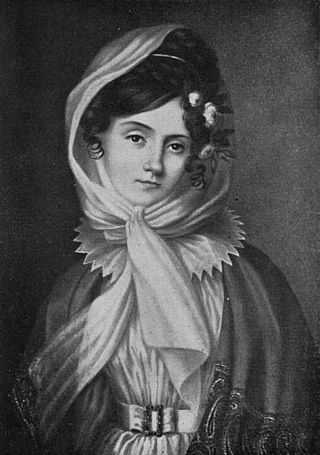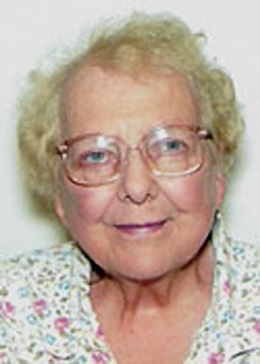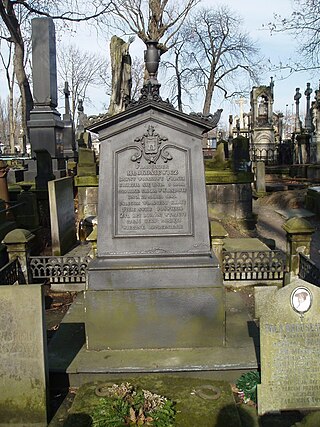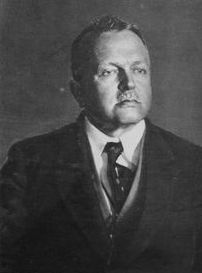Related Research Articles

Adam Bernard Mickiewicz was a Polish poet, dramatist, essayist, publicist, translator and political activist. He is regarded as national poet in Poland, Lithuania and Belarus. He also largely influenced Ukrainian literature. A principal figure in Polish Romanticism, he is one of Poland's "Three Bards" and is widely regarded as Poland's greatest poet. He is also considered one of the greatest Slavic and European poets and has been dubbed a "Slavic bard". A leading Romantic dramatist, he has been compared in Poland and Europe to Byron and Goethe.

The Kiev Voivodeship was a unit of administrative division and local government in the Grand Duchy of Lithuania from 1471 until 1569 and of the Crown of the Kingdom of Poland from 1569 until 1793, as part of Lesser Poland Province of the Polish Crown. On some maps Kiev Voivodeship was also named as the Lower Volhynia.

Count Sebastian Lubomirski was a Polish–Lithuanian nobleman (szlachcic).

Konstanty Zamoyski was a Polish nobleman (szlachcic) from Zamoyski family.

Prince Krzysztof Mikołaj Artur Radziwiłł was a Polish translator and politician, descendant of the well-known aristocratic Radziwiłł family. He was a supporter of the Communist regime in Poland, which gained him the nickname Czerwony książę.

Maria Szymanowska was a Polish composer and one of the first professional virtuoso pianists of the 19th century. She toured extensively throughout Europe, especially in the 1820s, before settling permanently in St. Petersburg. In the Russian imperial capital, she composed for the court, gave concerts, taught music, and ran an influential salon.

Ignacy Feliks Dobrzyński was a Polish pianist and composer. He was the son of Ignacy Dobrzyński, the brother of Edward Dobrzyński, and the father of Bronisław Dobrzyński.

Anna Maria Cienciala was a Polish-American historian and author. She specialized in modern Polish and Russian history. Graduating with a history doctorate in 1962, she taught at two Canadian universities for a few years before joining the history faculty at the University of Kansas in 1965. She retired in 2002.

Kazimierz Leon Sapieha (1609–1656) was a nobleman of the Grand Duchy of Lithuania, a part of the Polish–Lithuanian Commonwealth, Royal Secretary and Grand Writer of Lithuania from 1631, Court Marshal of Lithuania from 1637, Deputy Chancellor of Lithuania from 1645.
Ignacy Bohusz (1720–1778) was a noble in the Polish–Lithuanian Commonwealth. Member of Bar Confederation; Deputy Voivode of Vilnius, starost dorsuński, member of the Lithuanian Tribunal, writer, publicist.

Franciszek Młokosiewicz was a Polish officer who served during the Napoleonic Wars and the November Uprising. He served in the Army of the Duchy of Warsaw and participated in the Battle of Fuengirola.
Cetno i licho is a simple game of chance, of ancient European provenance, where the players had to guess if the hidden objects were even or odd in number, with licho also meaning 'bad luck' or 'devil'. The counted objects could also be white or black pawns or lines drawn in ashes, and the game had mystical overtones of invoking the Sudice, the Slavic counterpart of the Fates.

Julian Juliusz Szymański was a Polish oculist and politician.
Ignacy Dobrzyński was a Polish musician (violinist) and composer. He was the father of Ignacy Feliks Dobrzyński and Edward Dobrzyński.
Edward Dobrzyński was a Polish musician, violinist, pianist and composer, the son of Ignacy Dobrzyński and the brother of Ignacy Feliks Dobrzyński.
Bronisław Dobrzyński was a Polish musician, pianist and composer. He was the son of Ignacy Feliks Dobrzyński.

Głos Bundu was a Polish-language monthly publication issued from Warsaw, Poland between August 1946 and May 1948. Głos Bundu was an organ of the Central Committee of the General Jewish Labour Bund in Poland. In total seventeen issues of Głos Bundu were published.
Jolanta Maria Żyndul is a Polish historian, a specialist on modern Jewish history and Polish-Jewish relations in 19th and 20th century.

Poles in Buryatia form part of the Polish diaspora in Siberia. Polish presence in Buryatia dates back over 300 years.
Kichuś majstra Lepigliny is a children's book written by Polish poet Janina Porazińska, published in 1924, sometimes referred to as the "Polish Pinocchio".
References
- 1 2 3 4 "Rucińska Łucja - Polish Women Composers". 2022-09-12. Retrieved 2023-12-29.
- 1 2 3 Muzyka (in Polish). Państwowy Instytut Sztuki. 1978.
- ↑ Czyż, Anna Sylwia; Gutowski, Bartłomiej (2010). Sztuka cmentarzy w XIX i XX wieku (in Polish). Wydawn. Uniwersytetu Kardynała Stefana Wyszyńskiego. ISBN 978-83-7072-626-3.
- 1 2 3 4 Cohen, Aaron I. (1987). International Encyclopedia of Women Composers. Books & Music (USA). p. 604. ISBN 978-0-313-24272-4.
- ↑ Trzeciak, Katarzyna (2019). "Rozwidlone ścieżki polskości. Rec.: Being Poland: A New History of Polish Literature and Culture since 1918. Edited by Tamara Trojanowska, Joanna Niżyńska, Przemysław Czapliński. With the assistance of Agnieszka Polakowska. Toronto–Buffalo–London 2018". Pamiętnik Literacki. 3: 248–254. doi:10.18318/pl.2019.3.17. ISSN 0031-0514. S2CID 238108528.
- ↑ Bėlza, Igorʹ (1984). Kultura polska XVIII i XIX w. i jej związki z kulturą Rosji: sympozjum, Nieborów, październik 1978 r (in Polish). Zakład Narodowy im. Ossolińskich. ISBN 978-83-04-01521-0.
- ↑ Pełczyński, Grzegorz (2018). Polscy odkrywcy, badacze i eksploratorzy Syberii oraz Azji Środkowej (XIX-początek XX wieku) (in Polish). Wydawnictwo Uniwersytetu Wrocławskiego. ISBN 978-83-229-3614-6.
- ↑ Brus, Anna; Kaczyńska, Elżbieta (1992). Zesłanie i katorga na Syberii w dziejach polaków, 1815-1914 (in Polish). Wydawn. Naukowe PWN. ISBN 978-83-01-10894-6.
- 1 2 3 Urbanowicz, Marta (2020). "A Collage-Like Work of Music. Aspects of Variation Technique in Maria Szymanowska's Nocturne in B-flat Major". Kwartalnik Młodych Muzykologów UJ. 46 (3): 5–20. doi: 10.4467/23537094KMMUJ.20.034.13907 .